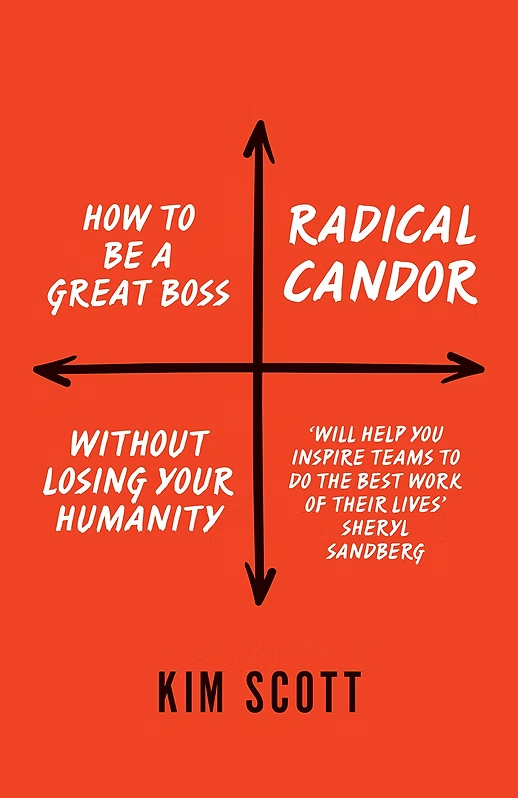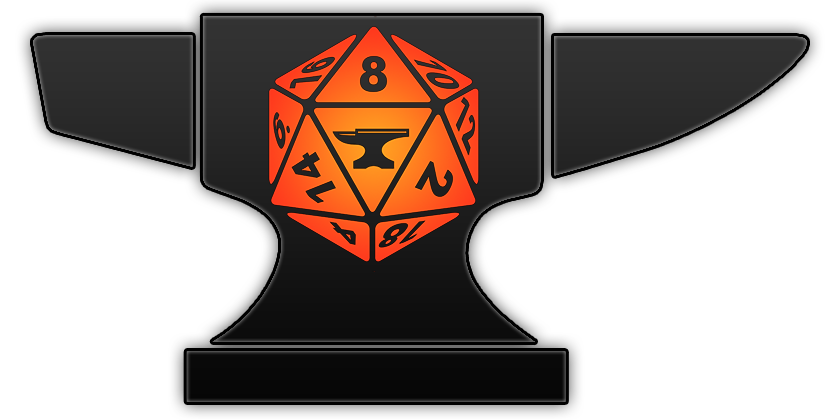Fostering both professional growth and personal growth to build a balanced team.
If you’ve read my Top 5: Leadership Books, you already know that my number one is Kim Scott’s Radical Candor. Her overarching thesis is that for and your team to succeed professionally, you must care about each other personally. Doing so allows for a substantially more productive feedback cycle, helps with choosing valuable development opportunities, and aids in providing support when personal challenges come up. In this article, I want to discuss one of Scott’s other ideas in further detail: leading and managing superstars and rockstars.
Superstars? Rockstars?
What is a superstar or rockstar in this context? Let’s talk superstars first: a superstar is somebody on a clear professional growth trajectory. This is the teammate who is striving to build their skills to take on more responsibility and higher positions within your organization. We all know superstars, and honestly, most supervisors are more than capable of developing them. We send them to additional leadership, management, and organizational skills training, provide opportunities to build and test those skills, and provide awards and recognition that will set them apart from peers when it comes time to consider them for promotion. Most organizations are really good at mentoring superstars. In fact, we’re oftentimes too good at this, and the results can be disastrous. We take a one-size-fits-all approach to developing our entire team as though they are all superstars. I challenge you to take a moment and think: is everybody on your team striving for promotion and the responsibility that comes with it? Are some of your folks content to just do their job?
Enter the rockstar. Rockstars are teammates that are not on a professional growth trajectory. This does not mean they are not valued or growing. Some people are legitimately happy in their current position and satisfied with the level of responsibility and compensation. While they may not be motivated to grow professionally, that doesn’t mean that they aren’t growing personally. They might be focused on their personal educational or family goals. They may be trying to prepare for a big professional shift, such as switching careers completely. They may also have some personal tragedy they need space to deal with, such as the illness or death of someone close. The bottom line is that they are still vital to your team and adding value. Without them, you would be left with a team of superstars so preoccupied with climbing the ladder that the team likely wouldn’t get anything done!
It’s important to remember that once someone has decided that they are following either the superstar or a rockstar track, they can change at any time! Often, it’s not unusual for someone to start in an organization as a highly-energized superstar, encounter an opportunity for personal growth and become a rockstar for awhile. You’re still an effective contributor to your team; you just need or want to have your growth focused elsewhere for a period. Once that period has passed, there should be no significant roadblocks to jumping back onto the superstar path if you have a good supervisor, and there aren’t any organizational issues. Making these switches deliberately can help keep the supervisor from misinterpreting the behavioral changes as a drop in performance and ensure that a future superstar is retained and continues to feel valued.
So we understand that it’s important to build teams that mix the innovative energy of our superstars with the reliability and well-honed craftsmanship of our rockstars. We also understand that developing our superstars is easy in most organizations; the path to promotion is often fairly clear. The challenge we’re left with is how do we develop and reward our rockstars? How do we shape organizations to recognize and appreciate their valuable work without feeling like they are merely living in the shadows of their superstar teammates?

A Case Study: U.S. Air Force
The U.S. Air Force gives us a clear example of an organization that is generally good at developing superstars but is often very poor at managing its rockstars. As an example, active duty Airmen will have the opportunity to retire after twenty years of service, yet retiring at certain ranks is often looked upon with a certain amount of shame. All too often, Majors (O-4) and Technical Sergeants (E-6), both of which are typically middle-management/high-skilled technician roles, will apply to retire under an unfortunate cloud not shared by retirees just one grade higher. Occasionally, it’s because they had a disciplinary issue that set them back compared to their peers, but more often, it’s because they were the unit’s rockstars. They found their satisfaction in humbly performing their duty by flying the line, turning the wrench, or pushing the papers. In some cases it wasn’t that they were passed over for promotion; they were not seeking one and refused to do what they saw as mere “careerist box-checking.” Such an idea is completely alien to many of their peers and supervisors who only know how to lead and develop their superstars. How do we change this culture? What needs to change about the awards, decorations, and recognition that tends to be focused on – and sometimes reserved for – superstars?
Leading and Managing Rockstars
I believe that the first step is to explicitly recognize these two separate paths and discuss them with your supervisor and your direct reports. This often begins with a frank and open discussion between the supervisor and their direct reports regarding their goals. Figure out what their biggest broadest “money-is-no-object” personal goals might be. Don’t be afraid if those goals do not include your organization; very few people wake up every day with a lustful zeal for their profession, and that is okay! You may find that those goals are focused on technical mastery and have little to do with a desire to lead or get promoted. To use our Air Force example, not everybody wants to be a four-star General (O-10) or a Chief Master Sergeant (E-9). I find it essential to ask the direct question, “Do you want to promote?” If the answer is no, then you can stop trying to shove them down the superstar path and instead focus on developing their technical skills.
As much as possible, your aim should be to align their professional development and position with their personal goals. If they dream of becoming a teacher, push them into organizational roles where they can teach classes. If they want to build a race car, push them into positions where they can use their hands and tools to create. Sometimes this will work better than others, and ultimately your organization still has to accomplish its mission, but often the simple desire to invest in your direct report personally is enough.
The second step is to promote a culture where rockstars are prized and recognized, though perhaps differently. There will always be people who want to rise to the top of your organization, but if you cannot figure out how to show value for your rockstars, they will find another organization that values their talents. Instead of exclusively emphasizing rewards and recognition for accomplishing individual milestones toward promotion, try to highlight the successful mission accomplishments of whole teams of rockstars and superstars. Increased opportunity for advancement isn’t the only reward you can offer for hard work; consider paid time off, flexible hours, teleworking, and other management tools that can assist them in pursuing their personal growth. Likewise, while an award might look great on an evaluation or promotion recommendation, discuss with your rockstar whether that award should be recorded on those documents. The last thing you want to do is to accidentally put them in for promotion by writing a superstar report for a rockstar. Finally, continue to seek developmental opportunities for your rockstars that emphasize their technical skills and mastery of their craft. Avoid the usual leadership schools and seminars you might enroll your superstars in to prepare them for increased responsibility; invest in the training and certifications that make your rockstars better in their current role.

Changing Superstar Culture
Using some of the above suggestions can help you develop personnel and shift what they collectively value. Deliberately combat the urge to build a superstar culture! Start with your language: stop automatically talking to people about what they’re doing (or should be doing) to earn that next position. Only do so when it’s appropriate and accurately in line with their goals. Likewise, don’t reserve your largest accolades and celebrations for promotions and accomplishing leadership courses; find ways to host celebrations when teams accomplish significant mission or even personal milestones. That doesn’t mean don’t have a party when someone gets that promotion, but consider having similar fanfare when someone completes a degree, gets married, has a child, etc. All of these are individual accomplishments to one extent or another, but your biggest celebrations should always be reserved for when the team accomplishes their mission. As mentioned above, this can be a great reward for both superstars and rockstars. Superstars can take credit for how their leadership and innovations propelled the team to (promotable) success, while rockstars can appreciate recognition for their indispensable expertise. Everybody wins!

Conclusion
Every organization is filled with both superstars and rockstars, yet not every organization does a solid job of fostering the development of anybody but their superstars. I challenge you, dear reader, to consider how you lead – and how you wish to be lead – and try weaving this approach into your feedback sessions. I have personally found that putting this into action has yielded happier, more productive folks, whose time is focused well on the professional and personal growth opportunities that suit them best. Doing so can help teammates feel like valued, no matter what their role. I have nothing but gratitude for Ms. Scott for fixing this concept firmly in my mind and encourage you to give the rest of Radical Candor a read. Please let me know what you think of this concept and if you have had any successes (or failures) resulting from implementing it!


